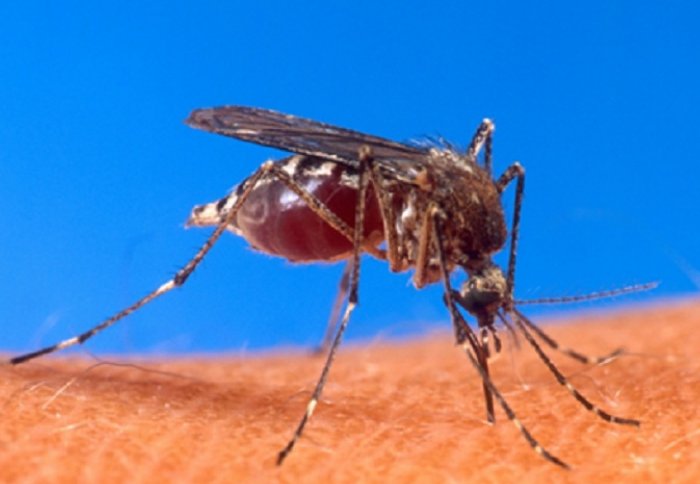Good study design key to evaluating new forms of mosquito-based dengue control

Aedes aegypti mosquito biting a human
Studying new forms of dengue control is challenging. The most powerful studies will randomly allocate both treatment-receiving and control areas.
Dengue is a mosquito-borne viral infection and a major cause of morbidity in Asia and Latin America.
Recently scientists have developed new forms of dengue control. In one, Aedes aegypti mosquitoes are infected with the Wolbachia bacteria which reduces their ability to transmit dengue virus. In another, mosquito populations are reduced through the release of genetically engineered male mosquitoes which cannot sire viable offspring. In this study we compared two study designs under realistic assumptions of dengue epidemiology. Our work revealed that the most powerful design involved some areas being randomly selected to receive the ‘treatment’ designed to reduce dengue risk and some being randomly selected to be control areas. The incidence of dengue is then compared between the treatment areas and the control areas.
External media coverage
BBC (30 October 2011) GM mosquitoes show fever promise
BBC (25 August 2011) Bacteria stop transmission of dengue fever
Related Imperial news
(7 May 2010) New understanding of dengue fever could help with vaccine
MRC centre research
(10 Sep 2012) 80% suppression of a field mosquito population using engineered male mosquitoes
Article text (excluding photos or graphics) © Imperial College London.
Photos and graphics subject to third party copyright used with permission or © Imperial College London.
Reporter
James Hayward
School of Public Health